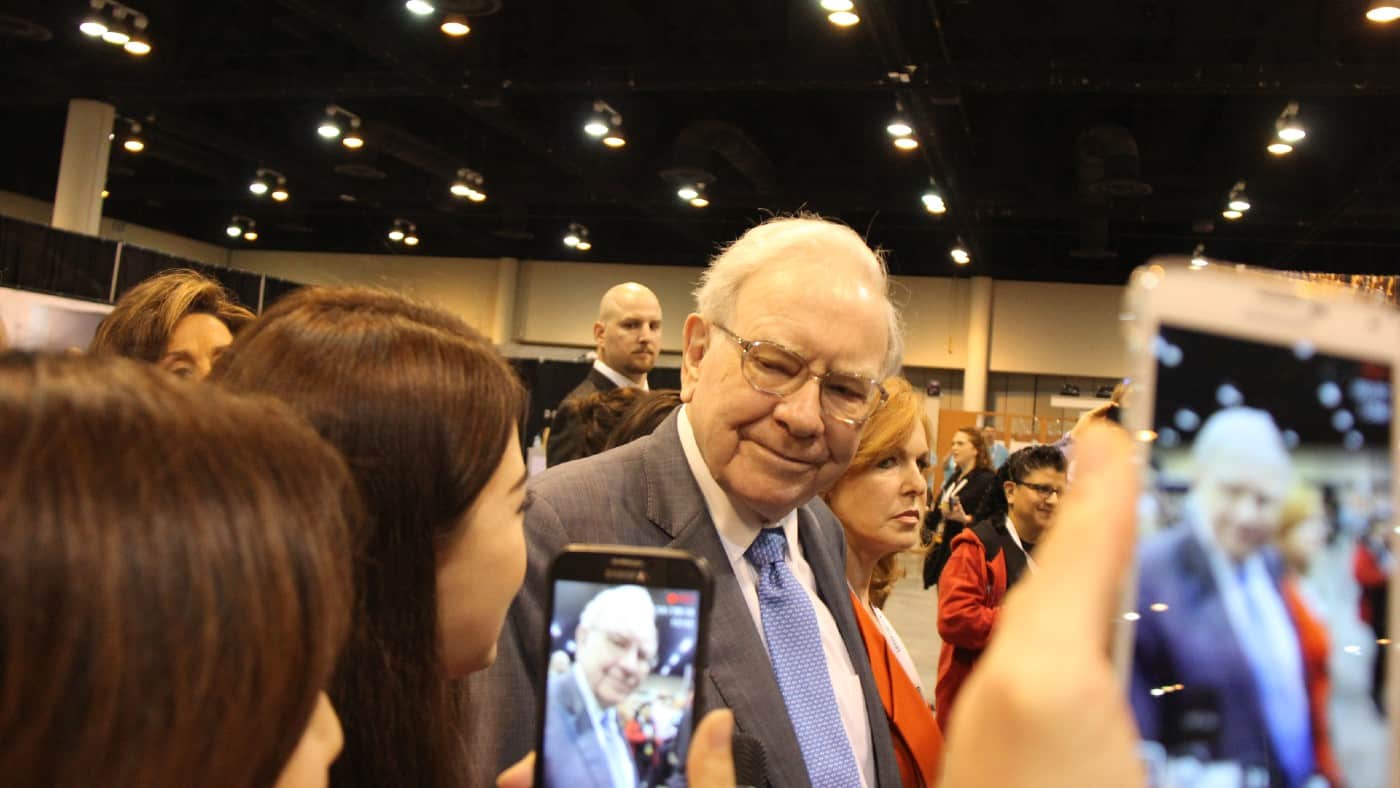According to Forbes, Warren Buffett is the fourth-richest person on the planet, with an estimated fortune of $121bn. Unlike the three ahead of him — Messrs Musk, Bezos, and Ellison — he’s built his wealth primarily from investing.
I’ve been looking at his career to see how I might go about accumulating significant wealth, without having any savings to start with.
1. Start early
The first thing I’d have to do is begin investing as early as possible. Buffett bought his first stock when he was 11. He’s still investing 82 years later.
Passive income stocks: our picks
Do you like the idea of dividend income?
The prospect of investing in a company just once, then sitting back and watching as it potentially pays a dividend out over and over?
If you’re excited by the thought of regular passive income payments, as well as the potential for significant growth on your initial investment…
Then we think you’ll want to see this report inside Motley Fool Share Advisor — ‘5 Essential Stocks For Passive Income Seekers’.
What’s more, today we’re giving away one of these stock picks, absolutely free!
The longer the investment horizon, the more time there is for wealth to grow. And delaying a few years can make a big difference.
The table below shows how much £100 invested today could be worth over different periods. The figures assume an annual growth rate of 7.4% — the average yearly return (with dividends reinvested) of the FTSE 100, from 1984 to 2022.
| Period (years) | Final value (£) |
| 5 | 143 |
| 10 | 204 |
| 20 | 417 |
| 30 | 851 |
| 40 | 1,738 |
| 82 | 34,862 |
2. Reinvest those dividends
By withdrawing dividends, the FTSE 100 would have delivered growth of ‘only’ 5.3%. With this lower rate, £10 would have been worth £789 after 40 years — over 50% less.
This demonstrates the power of compounding, which has been described as the eighth wonder of the word.
Berkshire Hathaway, Buffett’s own investment company, doesn’t pay dividends. Instead, it reinvests the cash it saves by buying more shares.
This has helped its stock achieve a compound annual growth rate of 19.8%, since 1964. A sum of £1 invested then, would now be worth over £3.7m!
That’s why — as tempting as it might be to spend dividends on a one-off treat — I always reinvest them.
3. Don’t put all your eggs in one basket
Most investors emphasise the advantages of diversification — spreading risk across a number of stocks.
However, Buffett once said: “A lot of great fortunes in the world have been made by owning a single wonderful business. If you understand the business, you don’t need to own very many of them“.
Some have interpreted this as meaning that he doesn’t believe in owning lots of individual shares.
On the contrary, the point he’s making is that most of us don’t have the skills (or time) to undertake the necessary research to consistently pick winners. In fact, he’s a big fan of diversification for the amateur investor.
In 1993, the billionaire said the “know-nothing” investor is likely to out-perform the average fund manager by investing in a tracker fund.
These are a great way of spreading risk across many companies through the ownership of just one investment.
From 1964-2022, a fund tracking the S&P 500 would have returned 24,708%.
Of course, there’s no guarantee that history will be repeated.
4. Be patient
Finally, Buffett is quoted as saying: “It is not necessary to do extraordinary things to get extraordinary results“.
In my view, too many people get caught up trying to find the next ‘big thing’. Remember, slow and steady sometimes wins the race.
Investing small — and often — can be effective. A sum of £50 a month, earning a return of 5%, will grow to nearly £30,000 after 25 years.
I don’t think I’ll ever be a billionaire, but, in my opinion, it’s never too late to follow in the footsteps of Warren Buffett and start building wealth by investing in stocks and shares.







